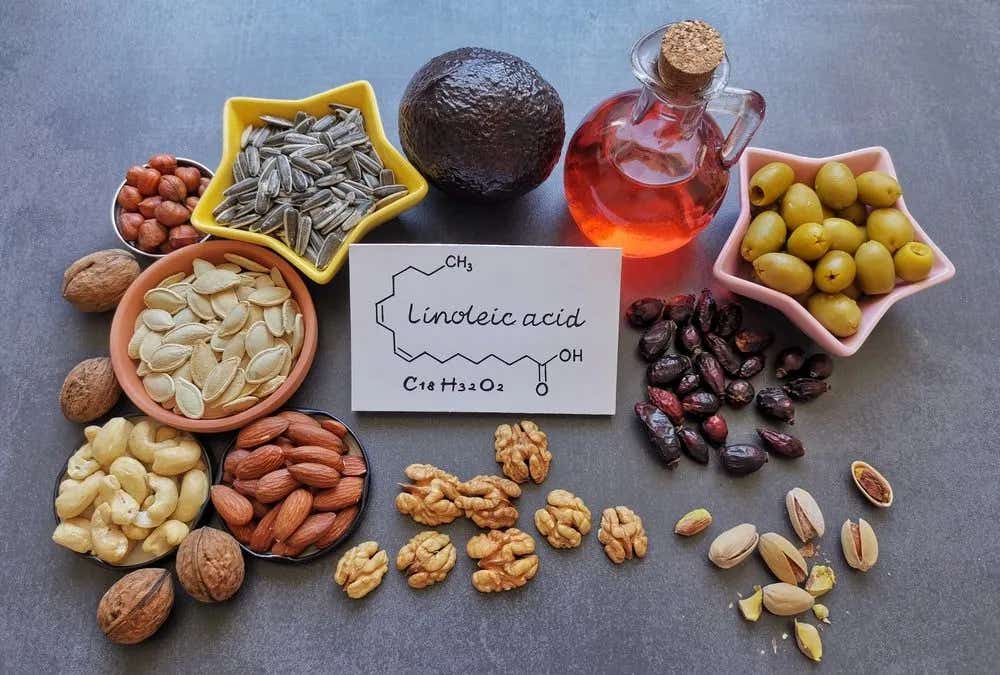Protein boosts height growth in girls, study finds
an average increase of about seven grams of protein daily above the intake guidelines leads on average to an increase in height of one cm.

[Apr 8, 2022: Johannes Seiler, University of Bonn]
An average increase of about seven grams of protein daily above the intake recommendations leads on average to an increase in height of one centimeter. (CREDIT: Creative Commons)
Quite a few young men would like to increase their height. However, a study by nutritionists at the University of Bonn shows that they do not benefit from increased protein intake in terms of their adult height. In contrast, young women often see it as problematic when their height significantly exceeds 1.80 meters. Here, during growth, a protein intake adapted to the recommendations can even cause a reduction of a few centimeters.
The results have been published online in advance in the Journal of Clinical Endocrinology and Metabolism. The final version will appear soon.
"The study is the first to demonstrate the anabolic potency of the essential nutrient protein by examining detailed nutritional data over a period from age 3 to 17," says Prof. Thomas Remer, PhD. Together with first author Yifan Hua, he evaluated accurate dietary records, regular 24-hour urine collections and specific height measurements of children and adolescents from their third year of life onward at the DONALD Study Center Dortmund of the University of Bonn (DOrtmund Nutritional and Anthropometric Longitudinally Designed Study).
A total of 189 healthy girls and boys were studied. The researchers recorded protein intake not only from dietary survey data, but also by measuring urinary urea nitrogen excretion.
Related Stories
While an increase in protein intake had no effect on body height in the boys and young men, a clear relationship was found in the girls. According to the scientists' calculations, an average increase of about seven grams of protein daily above the intake recommendations leads on average to an increase in height of one centimeter. "If no increase in height is desired, girls may even achieve a reduction in their later adult height by a few centimeters during growth by adjusting their protein intake to the recommendations, i.e. by not unnecessarily raising their protein intake," says Remer.
In boys, there are interactions with sex hormones.
Even at intakes clearly above requirements, protein still has significant growth-promoting effects in girls, according to the data. "This effect on height does not seem to play a relevant role in boys with protein intakes above requirements," says Yifan Hua. "Apparently, for them, significantly stronger effects of sex hormones - including testosterone - on the growth hormone axis leave less room for an additional anabolic nutritional effect from protein."
In principle, protein intake should not be markedly higher than recommendations, such as 48 grams per day for 15- to 17-year-old female adolescents, the researchers said.
However, in reality, daily protein intake for many children is considerably higher, in some cases by 1.7 to 2 times. "Possible long-term consequences of correspondingly high protein intakes have not yet been satisfactorily examined," says Prof. Remer. "Only for bone stability have we been able to observe positive relations with increased protein intake in past studies, provided that the fruit and vegetable intake was not too low and thus the diet-dependent acid load was not too high."
The DONALD study
The DONALD study is a long-term investigation of the effects of nutrition on physiological and health-related outcomes during and after the completion of growth, funded by the state of North Rhine-Westphalia. Currently, more than 1000 healthy children, adolescents and young adults are participating. Detailed data on nutrition, growth, development, metabolism and health status have been collected from the subjects at regular intervals since 1985, from infancy to adulthood. Since January 2012, the long-term study conducted in Dortmund is a branch of the Institute of Nutrition and Food Sciences (IEL) at the University of Bonn.
Note: Materials provided above by University of Bonn. Content may be edited for style and length.
Like these kind of feel good stories? Get the Brighter Side of News' newsletter.
Tags: #New_Discoveries, #Proteins, #Girls, #Height, #Research, #Medical_News, #Science, #Gender_Differences, #The_Brighter_Side_of_News
Joseph Shavit
Head Science News Writer | Communicating Innovation & Discovery
Based in Los Angeles, Joseph Shavit is an accomplished science journalist, head science news writer and co-founder at The Brighter Side of News, where he translates cutting-edge discoveries into compelling stories for a broad audience. With a strong background spanning science, business, product management, media leadership, and entrepreneurship, Joseph brings a unique perspective to science communication. His expertise allows him to uncover the intersection of technological advancements and market potential, shedding light on how groundbreaking research evolves into transformative products and industries.



